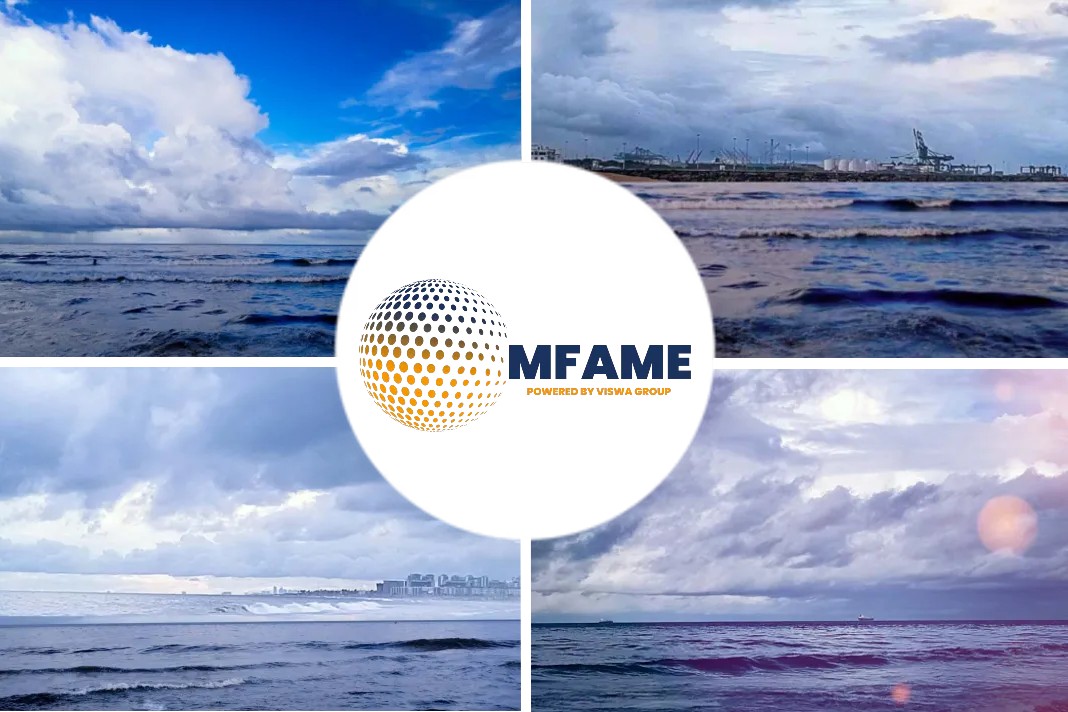The latest amendments to MARPOL Annex V takes effect on 1 March 2018, and requires cargo vessel to implement changes associated with the handling, management and record keeping of garbage onboard, reports Gard.
Old Garbage regulation
MARPOL Annex V first entered into force on 1 January 2013, and generally speaks about the dos and don’ts of discharging garbage into the sea. The regulations apply to ships as well as to fixed and floating offshore installations.
A simplified overview of the discharge provisions can be found on IMO’s website. New in 2013 was the prohibition of discharge of residues from solid bulk cargoes classified as harmful to the marine environment (HME). However, such discharges are prohibited since 2013, and MARPOL Annex V has not set out any mandatory criteria on how to classify cargoes either as HME or non-HME.
New amendments
Additional amendments to MARPOL Annex V were adopted at the 70th session of the Marine Environment Protection Committee (MEPC 70) held in the month of October 2016 and will be in effect from 1 March 2018.
The amendments are contained within IMO Resolution MEPC.277 (70) and significant changes are:
- The inclusion of specific criteria for classifying solid bulk cargoes as HME, along with a requirement for shippers of solid bulk cargoes, other than grain, to declare whether or not the cargo is classified as HME in accordance with the criteria.
- A new format for the Garbage Record Book, splitting the book into Part I and II. Part I shall be used to record discharges of garbage from all types of vessels and includes the new garbage category e-waste. Part II shall be used to record discharges of cargo residues from vessels carrying solid bulk cargoes, covering both HME and non-HME cargo residues.
- Along with an up to date Garbage Record Book, receipts obtained from reception facilities must also be kept on board for a period of two years.
The 2012 Guidelines for the implementation of MARPOL Annex V has been revoked and replaced by the new 2017 Guidelines, aligning it with the MARPOL amendments and the relevant requirements of the Polar Code.
Recommendations
Members and clients must ensure that vessels maintain the new format of the Garbage Record Book onboard from 1 March 2018 to ensure compliance with the amended MARPOL Annex V.
Vessels’ Garbage Management Plans and Placards posted onboard should also be reviewed and revised as necessary so as to display valid garbage disposal requirements.
Unfortunately, no list of substances that are harmful to the marine environment (HME) under MARPOL Annex V exists. It is more important that the vessel crew carrying solid bulk cargo continues to verify if the shippers’ cargo information monitors the state of cargo either as harmful to the marine environment (HME) or not. Such declaration should be included with the information required in section 4.2 of the IMSBC Code.
Limited port capability
Given that some ports may not be able to receive and process all types of waste, advanced planning is key, both with respect to minimising ship-generated residue/waste as well as considerations given to the logistical and commercial arrangements. As Members and clients may be aware, BIMCO published its new “HME Cargo Residues Disposal Clauses for Voyage Charter Parties” in response to the entry into force on 1 January 2013 of the revised MARPOL Annex V.
Compliance with MARPOL
Also, vessel owners and operators, who are compliant with MARPOL Annex V must entail that the crew is familiar with the current garbage disposal requirements and have a clear understanding of the conditions permitting certain discharges.
The “Consolidated Guidance for Port Reception Facility providers and users” (MEPC.1/Circ.834) is intended to be a practical user’s’ guide for vessels’ crew, who seek to deliver MARPOL residues/wastes ashore and provides a basis for establishing best practice procedures. To support the establishment of adequate reception facilities world-wide, members and clients must encourage their masters to report any inadequacies in port reception facilities as per the procedures set out in Appendix 1 of the circular.
Did you subscribe for our daily newsletter?
It’s Free! Click here to Subscribe!
Source: GARD























I want to subscribe